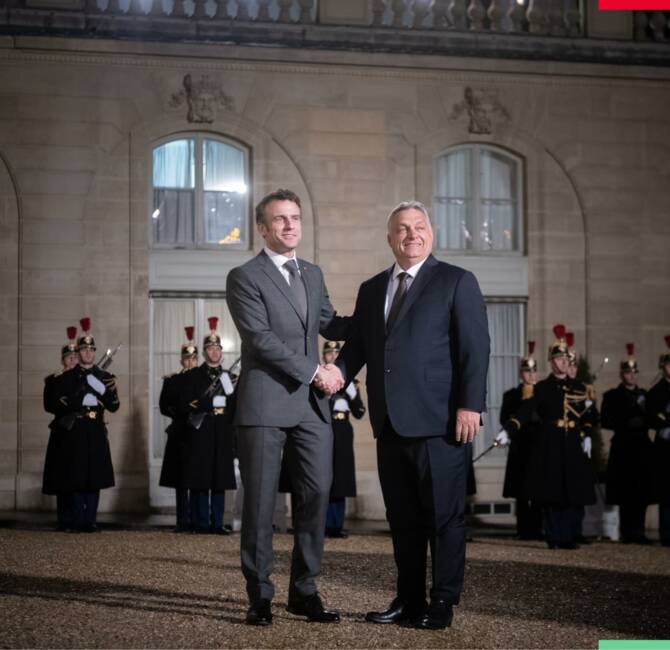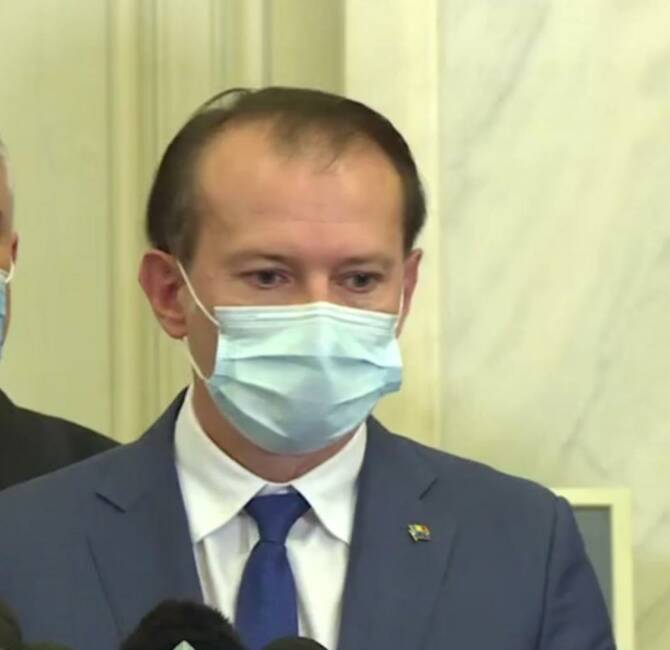Austria – For the first time in the history of the Republic of Austria, the federal chancellery was searched on 6 October by the public prosecutor’s office. At the same time, similar operations were taking place in Vienna, both at the Finance Ministry and at the headquarters of the Austrian People’s Party (Österreichische Volkspartei, or ÖVP, the centre-right governing party), whose leader is none other than Chancellor Sebastian Kurz.
Corruption and misappropriation of public funds?
The Austrian prosecutor’s office has been investigating alleged corruption. Among the ten or so suspects – no one has been indicted so far – are Chancellor Kurz (ÖVP); Thomas Schmid (ÖVP), former head of cabinet and secretary-general of the Austrian finance ministry; and the Wolfgang and Helmuth Fellner brothers, who are, respectively, the publisher and owner of the free daily newspaper Österreich.
The investigation focuses on suspicions that polls and reports were manipulated in order to support Sebastian Kurz’s rise to the chancellorship, and that those services were paid for by means of ministerial advertisements published in the daily newspaper and on its website, oe24.at.
If these allegations are proven, they would amount not only to corruption but also misappropriation of public funds. The accusations are therefore of the utmost gravity.
“Made-up accusations,” according to the ÖVP
Chancellor Kurz’s party responded to the raids in a statement last night: “After the false accusations already made against Sebastian Kurz, Josef Pröll, Gernot Blümel, Hartwig Löger, Bernhard Bonelli, and others, which since then have all proved to be unfounded,
new charges are now being made based on events that in part happened five years ago. This keeps happening with the same objective and the same method, which is to massively harm the People’s Party and Sebastian Kurz.”
“Österreich” says it is about different polls
The Österreich daily also reacted in an APA dispatch: “Completely independently of the political polls conducted for the Österreich daily,
the Research Affairs institute has apparently also conducted polls and studies for the Ministry of Finance, as have most Austrian opinion research institutes,
which work on behalf of government departments or interest groups. Those polls have no connection with the Österreich media group, and they were offered for publication to the daily newspaper Österreich – as indeed to many other media outlets – completely independently of the surveys commissioned by Österreich. The content of these surveys by the Ministry of Finance and Research was never intended to express an electoral preference or an electoral poll, but was generally concerned with fiscal, financial, European, and budgetary issues. Small parts of these surveys were published not only in Österreich but also in many other media outlets.”
Sebastian Kurz rules out resignation
Appearing on ORF’s major 10 p.m. news programme on 6 October, Chancellor Kurz defended himself by denying any involvement in the affair, ruling out “to the degree of 1,000 per cent that he himself could present or receive false invoices for polls or be involved in any other way”, and recalling that at the time, in 2016, he was not yet chairman of the ÖVP but only minister of foreign affairs. Consequently, Kurz has ruled out resigning from the chancellery despite calls by the opposition for him to do so.
Unusual unity of the opposition
The opposition naturally sees things in a significantly different light. The leader of the Austrian Social Democratic Party (SPÖ, socialists), Pamela Rendi-Wagner, said:
“We are all witnesses to the ÖVP’s moral decay (…). There are serious charges on the table. It is about incitement to embezzlement and corruption.
If he takes political responsibility seriously – and a head of government bears a high political responsibility – and if he has an ounce of decency, then the Chancellor himself should accept the consequences. We are going to ask for a special session of Parliament.” For once, the SPÖ’s view is shared by the leader of the national conservative FPÖ, Herbert Kickl, who called on the chancellor to resign as soon as possible:
“If Sebastian Kurz does not accept the only possible consequence by the date of the special session [of parliament], we will help him with a motion of no confidence.”




